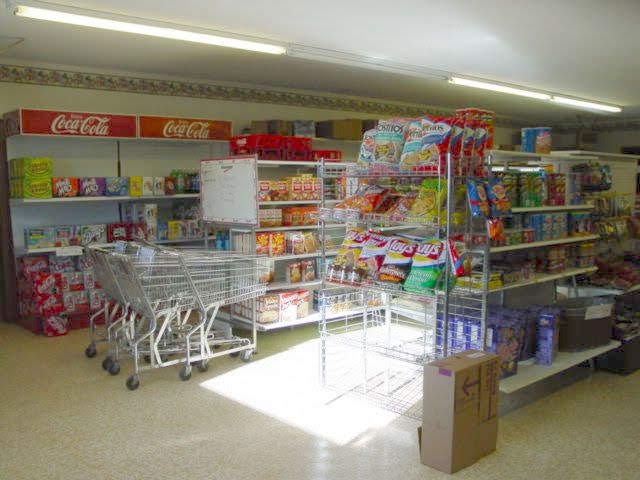The rise and fall of civilization is because of shopping carts.
While watching my overweight cat swat his partially empty food bowl around and while looking at me accusingly, I was reminded that there are several ways a civilization can fall, some more dramatic and worthy of historians’ attention than others.
I considered how the Second Law of Thermodynamics, that unfortunate trajectory we are all on, in which entro…

